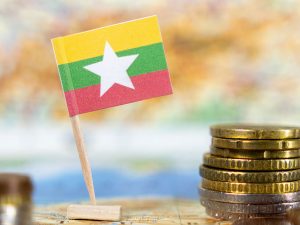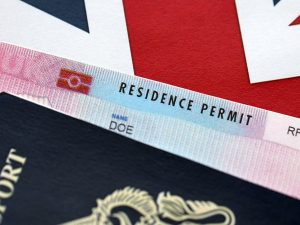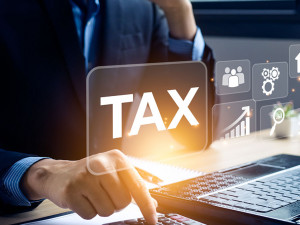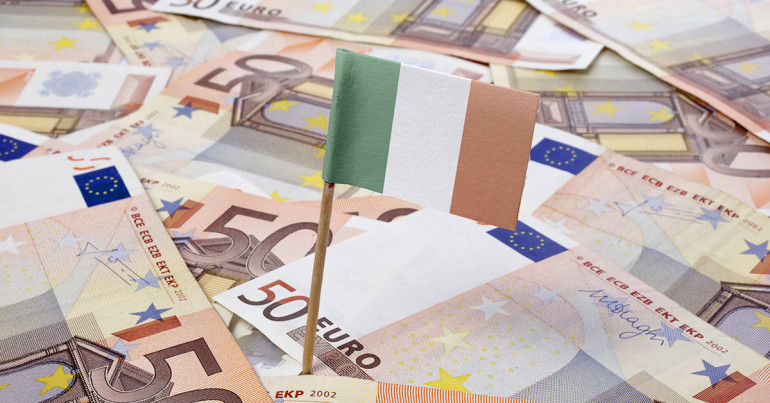
Before you visit Ireland or conduct business with Irish business organisations, you should ask: What is the Irish currency? In short, the official currency in the Republic of Ireland is the euro (€). For more information on Irish currency, how Ireland embraced the use of euros, and how it impacts tourists, we take an in-depth examination of Ireland and its currency to help you maximise your visit.
The euro
The euro (EUR) is the official currency of the Republic of Ireland. The euro is split into 100 cents, and both banknotes and coins are in common use.
Denominations
- Bank notes: €5, €10, €20, €50, €100, €200, and €500 (although €200 and €500 notes are unusual in everyday use)
- Coins: 1, 2, 5, 10, 20, and 50 cents, and €1 and €2 coins
Irish euro coins have a unique national design on one side, featuring a Celtic harp (the historic symbol of Ireland) and text reading "Éire", the Irish word for Ireland.
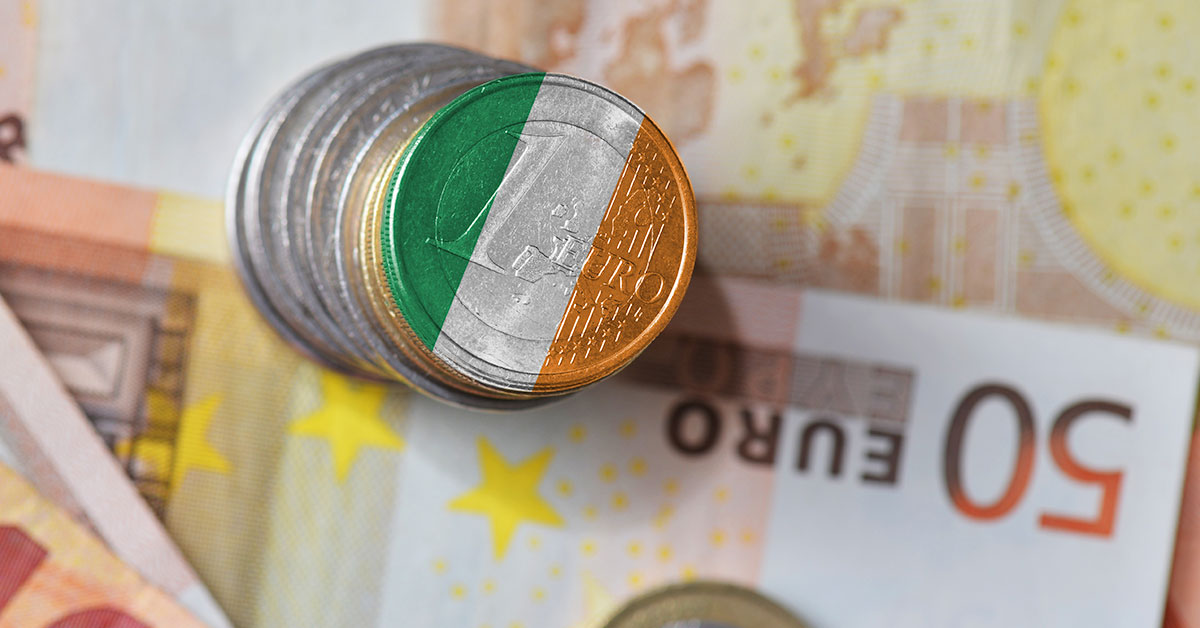
A brief history of Irish currency
Before the euro, the Republic of Ireland used the Irish pound (punt in Irish, IEP). The Irish pound was established in 1928, after Irish independence from the United Kingdom. The Irish pound was tied to the British pound sterling 1:1 for almost the entirety of its existence. This connection was severed in 1979 when Ireland joined the European Monetary System.
The switch to the euro
Ireland was one of the earliest to embrace the euro. The euro was launched electronically in 1999, with banknotes and coins in euro denominations being introduced on 1 January 2002. The rate was fixed at 1 euro as equal to 0.787564 Irish pounds. There was a transition phase that followed when the euro became the only legal tender and Irish pound currency was gradually phased out. The Central Bank of Ireland continues to exchange old Irish pound notes as well as coins in exchange for euros at the established rate with no future deadline.
Why did Ireland adopt the euro?
Ireland's adoption of the euro was part of a more extensive integration with Europe. Ireland, as an EU member, was part of the Economic and Monetary Union (EMU), which pushed for the single currency for all EMU-participating EU members.
The advantages of euro membership included:
Easier trade and travel
No need to change money for travel or business in the euro area.
Price transparency
Companies and consumers can easily compare prices between eurozone countries.
Economic stability
The euro is controlled by the European Central Bank, which works to preserve price stability within the eurozone. For Ireland, joining the euro facilitated the inflow of foreign investment and demonstrated its dedication to European integration.
Currency in Northern Ireland
Northern Ireland is part of the United Kingdom and thus uses British pounds (GBP). When you visit from the Republic of Ireland, you will have to spend euros on the south and then pounds on the north. You may use both currencies at border business and stores, but we would not recommend that you do so - exchange rates will prove to be very unfavorable.
Irish euro coin design
Irish euro coins are unique. While the reverse of all euro coins is identical throughout the eurozone, the national side of Irish coins contains:
- A Celtic harp, Ireland's national emblem
- The word “Éire”
- The minting year
This trend reflects Ireland's rich cultural heritage sense of national pride.
Practical tips for visitors
Use the following currency tips for your future trip to Ireland:
Using cash and cards
- ATMs: Widely available in towns, cities, and even most rural areas. Most will accept foreign cards.
- Credit and Debit Cards: Visa and MasterCard are universally accepted. American Express is less frequent.
- Contactless Payments: widening in popularity, particularly in cities.
- Currency Exchange: Provided at banks, post offices, airports, and certain hotels. Compare charges and exchange rates, which may differ, prior to exchanging large sums.
Tips for travellers
- If you're making a payment from a non-euro nation, consider using CurrencyTransfer for the best exchange rates.
- Notify your bank before you travel to avoid card blocks on international transactions.
- Keep some cash for making small purchases, particularly at markets or in the countryside.
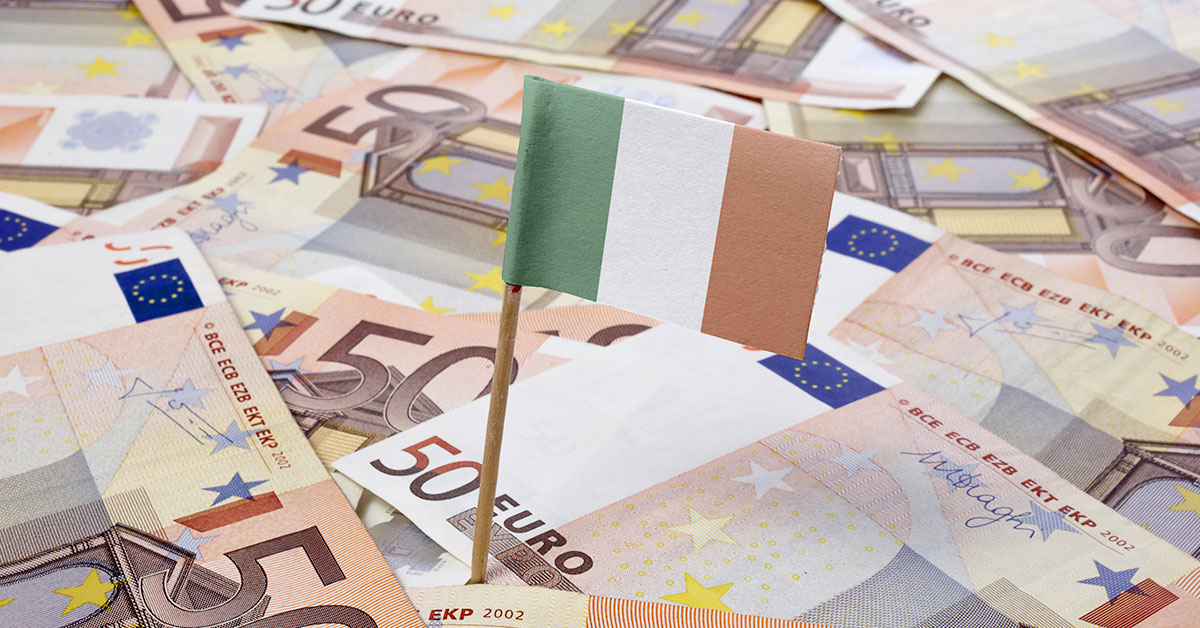
Downstream effects of euro adoption
The adoption of the euro has also had a wide impact on not only the Irish economy as a whole, but on Irish society at large. For as much as it has created trade with other countries within the eurozone, made it easier to travel, and helped promote Ireland as an open modern economy, adopting the euro also exposed Ireland to the debt crisis within the eurozone in the late 2000s. Some, however, of past boom in the economy in the early 2000s commonly referred to as the "Celtic Tiger" years also occurred because of the influence of the euro. There have been sharp falls in economics in Ireland, but with the stability offered by the euro, it has managed to recover and continue to attract investment as a favorable destination.
Currency exchange rates
Euro exchange rates will impact the cost of travel, exports, and imports. For up-to-date rates, check the rates at CurrencyTransfer.com
Conclusion
In short, Ireland's currency is the euro (EUR). A stable currency that is synonymous with Irish integration into Europe, it is straightforward to conduct business and travel with, as a local or tourist. During your travels, it will become evident that the euro is a particularly convenient currency, with a whole host of places to spend your euros via cash or card. Just keep in mind, when making that northern trek to Northern Ireland, you're going to have to switch over to pounds sterling! A familiarity with Ireland's currency at every point you stop en route will enable you to maximise your visit to the Emerald Isle.
If you’re looking for an efficient solution to transfer currencies into various countries, take a look at our platform: CurrencyTransfer offers access to a network of payment providers, live quotes and 5-star customer service. Sign up today.
Caleb Hinton
Caleb is a writer specialising in financial copy. He has a background in copywriting, banking, digital wallets, and SEO – and enjoys writing in his spare time too, as well as language learning, chess and investing.

